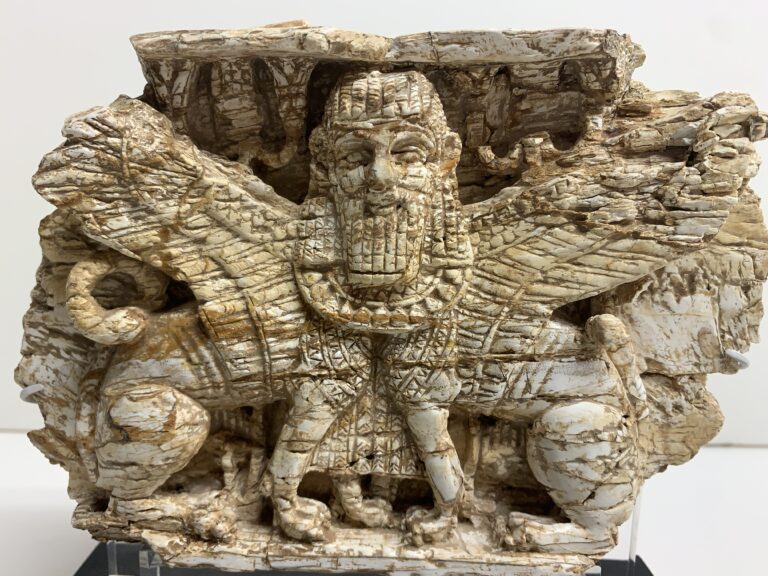On January 7th, a lawyer for the Attorney General’s Office of the Southern District of New York and a representative from Homeland Security filed a forfeiture action, seeking the seizure of 35 antiquities of Cambodian and Southeast Asian origin from billionaire collector Michael Steinhardt. The items in question were looted from their home countries by Douglas Latchford, who subsequently sold them to Steinhardt under falsified provenances. Steinhardt is considered to be one of the world’s largest collectors of antiquities. According to the complaint, the items included, “a monumental sandstone sculpture of Ganesha from Koh Ker, an ancient capital of the Khmer empire; and bronze sculptures from the vicinity of Angkor Wat.”
In 2021, an agent from Homeland Security contacted Steinhardt about the items in his collection. These 35 items were only the latest in a years’ long investigation of Steinhardt, which began in 2017 and went in front of a grand jury and resulted in an indictment. In all, authorities seized 180 antiquities from Steinhardt’s collection, with a value of over $70 million. In return for his cooperation and to facilitate the prompt repatriation of the objects, the Attorney General’s office did not file criminal charges against him. However, he did not get off completely. In an unprecedented move, part of the agreement included the first ever lifetime ban on acquiring any more antiquities. Reading between the lines of statements made by the Attorney General’s office, it appears this ban was the result of the feeling that because of Steinhardt’s long association with the collecting world and his wealth and connections, he should have done due diligence when presented with an opportunity to purchase an antiquity and not remained in what appears to be willful ignorance.
While Steinhardt is 80 years old, and likely won’t have much longer to worry about this ban (not to mention he has already amassed quite a collection already), it now creates powerful negotiating tool for law enforcement against others caught with illicit antiquities, particularly if it can be shown that the collector did not perform the due diligence to determine the provenance of an item or turned a blind eye to the questionable legality of an item.


Recent Comments